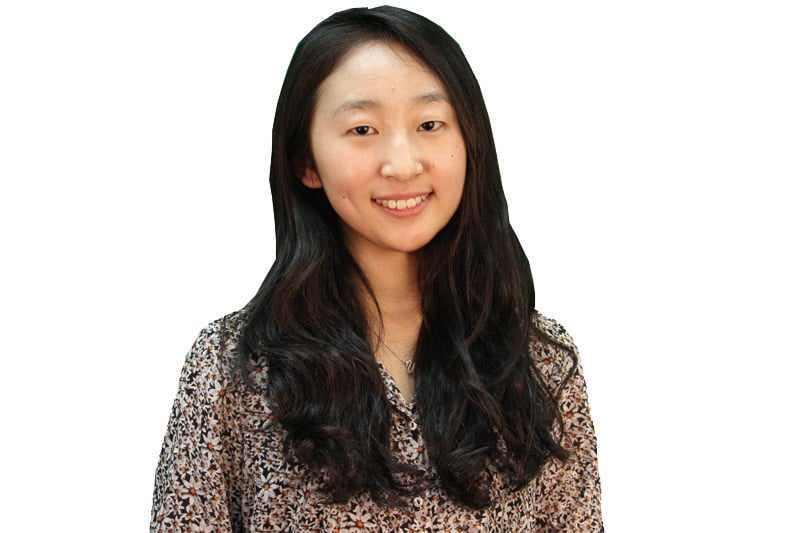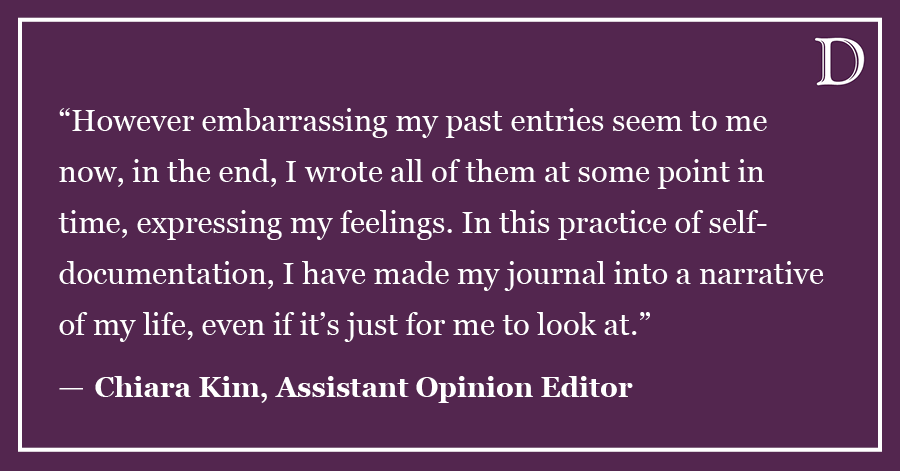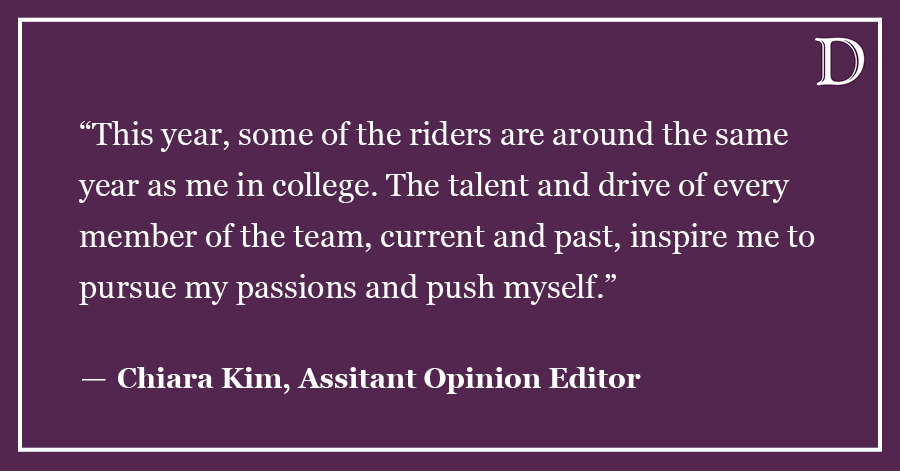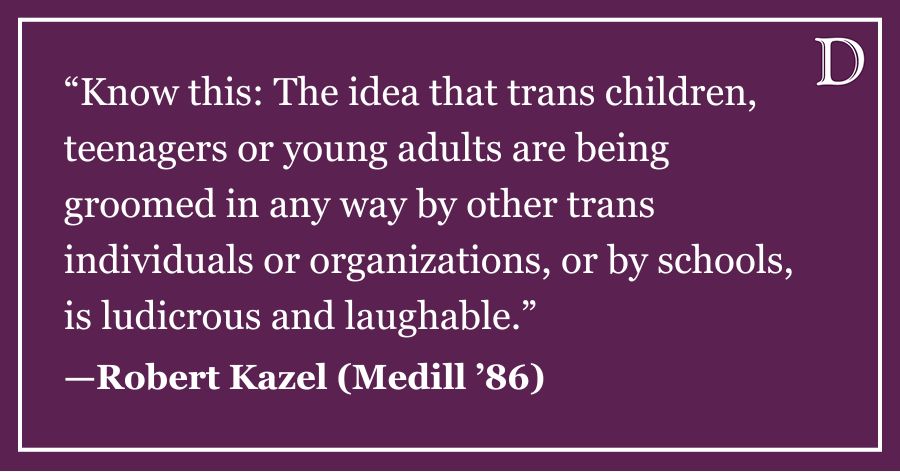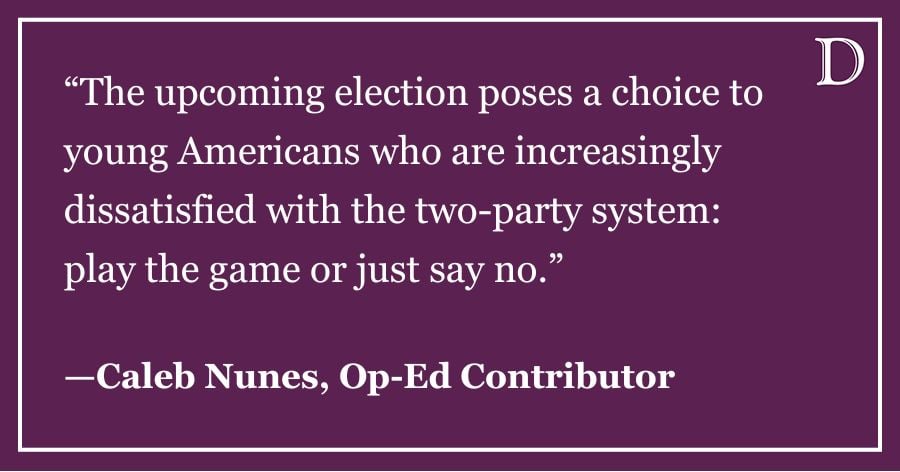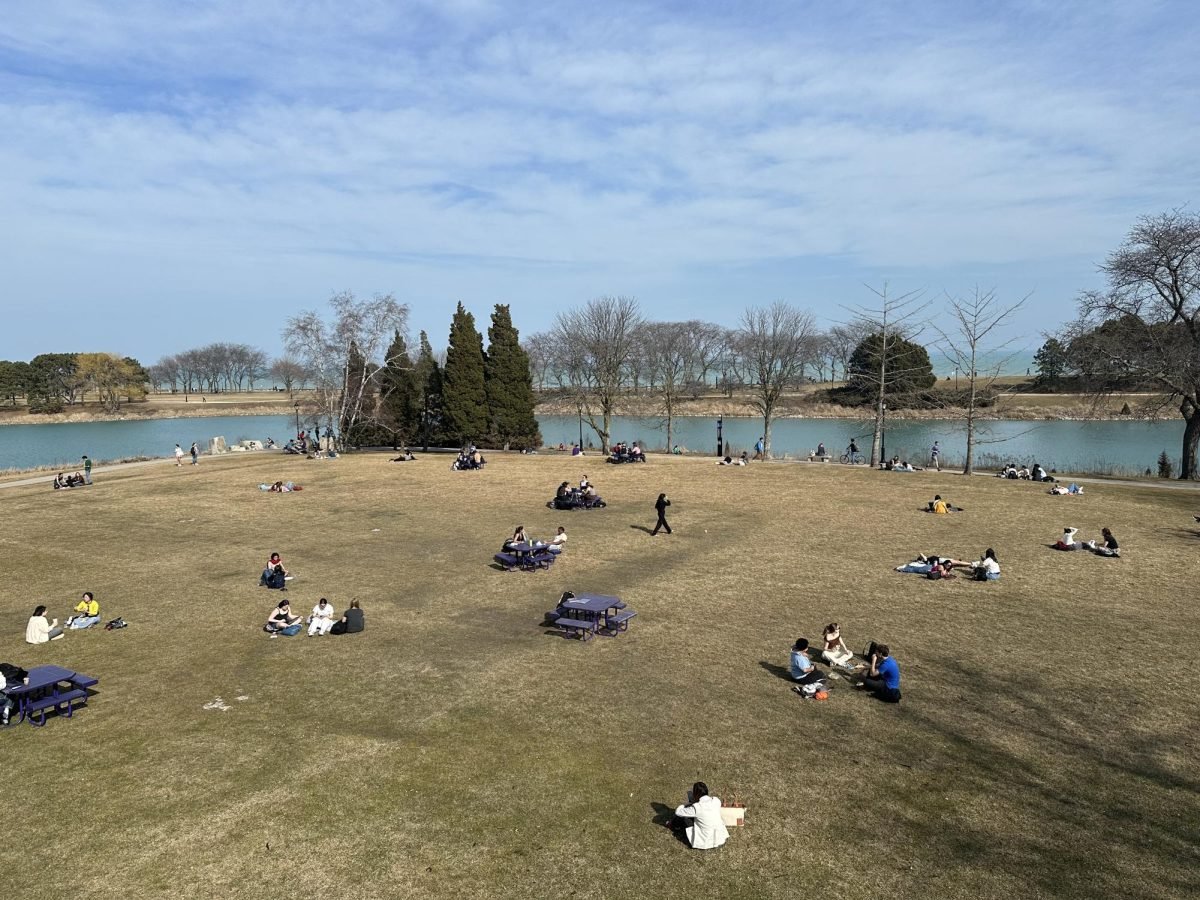My tone of voice changes as I switch from one language to another. People who hear me speak find it surprising, but I find this change only natural because different languages use different parts of the vocal chords.
What I do find striking, however, is how my personality changes. This may not be as apparent to others, but switching from one language to another changes the way I think, my attitude and, in a way, my identity.
Switching languages changes how I think about the person I’m talking to. For instance, in English there is one way of addressing the second person: “you.” Regardless of the nature of the relationship between the two people, it’s the same: “you.” But in French and Spanish there is a distinction between “tu” and “vous,” and “tú” and “usted,” which are the “informal” and “formal” second-person singular.
In Korean, I would describe how the person relates to me and how much I know about them. In the beginning, when asking about the person’s age or grade, pronouns can be taken out and I would use the more generic honorific tone. Once I know the exact relation or position, I would use that term.
Because I’m a girl, to address a female who is older than me, but not by too much, I would use “unni.” To address a male who is slightly older than me, I would use “oppa.” But if I were a guy, it would respectively be “nuna” and “hyung.” Unless the person is a friend my age or younger, I can’t directly use the “you” equivalent. So switching from one language to another also means switching from one mode of defining a person’s relation to me to another.
My attitude changes, too. Language exists within the cultural context. If I wanted something done, in English I might just ask directly, whereas in Korean I indirectly hint that I want it so. I can’t necessarily generalize for all cases, but I can say that often word-for-word translations cannot exist because one needs to be aware of the cultural subtleties.
My name sounds different too. I use my original Korean name: Heiwon. I don’t have any “English name.” But the thing is, due to differences in pronunciation, my name sounds different in English than it does in Korean. If it makes sense at all, my name in Korean sounds a bit more subtle, not as harshly pronounced. So when Koreans call my name in Korean, I find it weird because I’m not used to hearing my name that way. It creeps me out a bit.
How I identify myself within different cultural contexts changes with languages as well. Cultural codes can be, at best, ideals or denominators that set cultures apart from one another and, at worst, a stereotyped persona that generalizes a nationality or a cultural group. But these codes exist, and they set certain attitudes, expectations and ways of interpreting and understanding others.
Just be yourself. But being myself is situation and people-dependent, whether I intend it or not.
I remember reading BuzzFeed’s “31 Signs You’re A Third Culture Kid.” I can’t agree with all of them, but some of the “signs” are funny and relatable. My accent does change. We often differentiate individuals according to their “distinct” characteristics — including their accents, tones of voice and identities. But in my case, these “distinct” characteristics are not hard-set; they change. This does not, however, mean that I’m an indistinguishable individual.
Northwestern has many international students and people who speak multiple languages. I can’t pretend I can generalize my experience to this large group of people, but what I can say is that college is a new home and with so many people from different places and backgrounds, I feel I’m where I need to be.
I don’t know if this means I’m assimilating to certain types of cultures, if I’m creating one of my own or both.
The word “identity,” so far, sounds like it should be something firm on which we base ourselves. I’m not a monstrous being shifting shape like Dr. Jekyll and Mr. Hyde. More and more people are subject to these changes and it’s time we change our perception about “identity” to something more of a progressive state, as something more fluid and less as “one thing.”
The uncertainty about my own supposed “characteristics” and identity (identities) sometimes startles me, but then again, this challenge to figure, define and then redefine is also refreshing.
There’s a saying that we’re opening a new chapter of our lives. If we are the authors of our own books, our lives, then we have the creativity to interpret our own freedom of style, vocabulary and content.
Heiwon Shin is a Medill freshman. She can be contacted at [email protected]. If you would like to respond publicly to this column, send a Letter to the Editor to [email protected].

